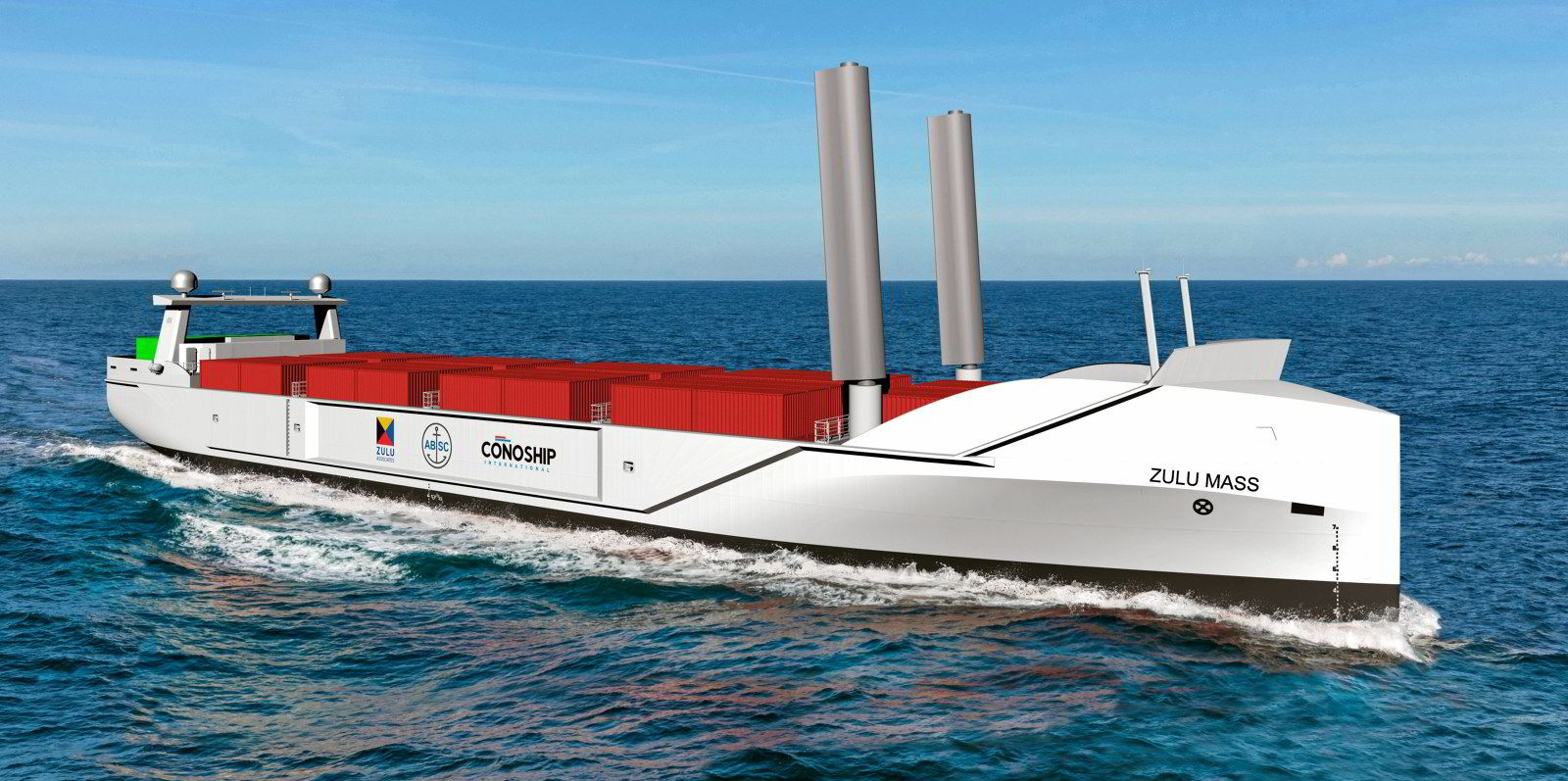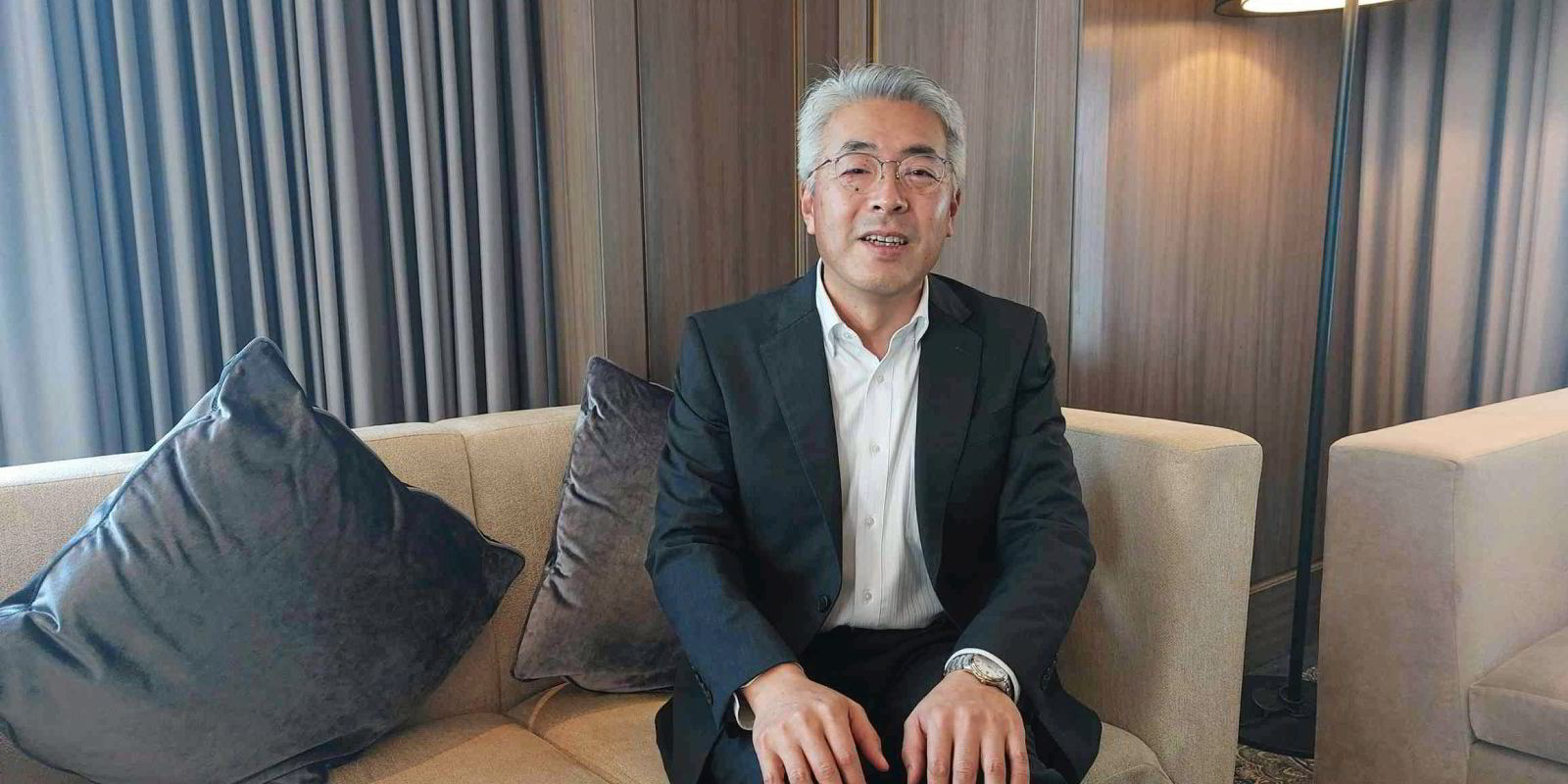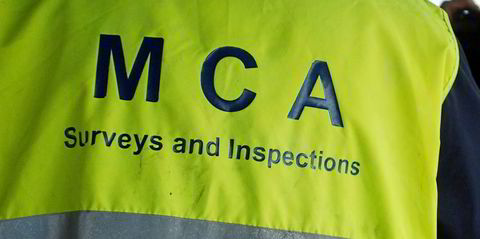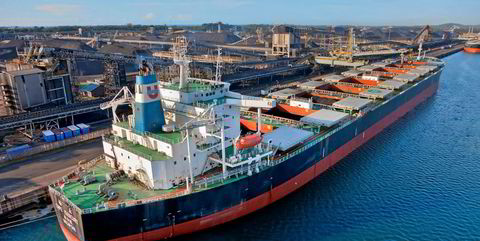Antoon Van Coillie intends to put small autonomous and unmanned container ships into the English Channel or Southern North Sea within three years.
Van Coillie is chief executive of Zulu Associates, a Belgium company focused on smaller vessels, mostly in shortsea and river waters, and he is a big advocate of autonomous systems and the efficiencies that, he said, come with such vessels.
His latest design, in conjunction with Dutch architects Conoship International, is for a small 2,000-teu container vessel, complete with a wind assist system on board that he wants to have built under long-term time charters to ferry containers between the UK and Europe, one of the busiest waterways in the world.
While he points to the technology already being available — he is working on similar projects but without the wind assist concept for inland waterways — Van Coillie notes that such vessels give a significant advantage over manned fossil-fuelled vessels due to operational savings, increased cargo space and hull design.
This zero-emission ship design is fully electric, with hydrogen fuel cells and batteries. As well as the very visible wind blades, the designers are also examining the potential of adding wave foil propulsion.
Zulu Associates recently secured approval in principle for its designs of an autonomous vessel for operation across the English Channel and North Sea from Lloyd’s Register.
The notable aspect of the design is the lack of accommodation as a result of the intention to run the ship using autonomous systems, although Van Coillie said that he hopes to get the vessels on the water in 2025, first manned before removing the crew.
Van Coillie said the insurance markets are already aware of the developments of autonomous systems and autonomous unmanned ships, and that finance would not be a big issue to resolve once Zulu Associates has a long-term time charter in place. Financial institutions are more interested in the sustainability aspect of the vessels, he said, something he will demonstrate in its first year of manned operation.
Once the crew are off the ship, the vessels would be in a remote control centre ashore, ensuring the vessel, its autonomous systems and other ships around the craft would be monitored constantly.
Van Coillie specifically mentioned a potential route between the Flanders ports of Antwerp, Oostende, Zeebrugge and those in the Thames Estuary and up to Felixstowe. He pointed to a memorandum of understanding that has been agreed between the UK, Denmark, Netherlands and Belgium to harmonise their efforts on autonomous ships.
A Southern North Sea test bed
In September 2023, the UK, Belgium and Denmark signed an MoU “on cooperation regarding the international operation of maritime autonomous ships”.
This MoU will see the three countries make it possible for test beds, trials and commercial operations of what they call smart ship technologies, namely “automated, connected, autonomous and unmanned technologies”.
The aim, among other things, is to help governments, thereby enabling the International Maritime Organization to keep pace with commercial developments. Van Coillie said the Netherlands has also signed the same MoU. The IMO issued interim guidance on MASS Trials in 2019, and the European Commission has also developed similar guidelines to aid member states in 2020.
In addition to the interest, both from commercial entities and governments in supporting MASS, Brexit has facilitated the feasibility of a cross-English Channel autonomous vessel, said Van Coillie. With increased costs of UK exports and imports, a cheaper logistics chain is of interest.





